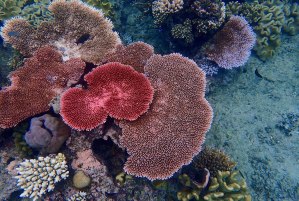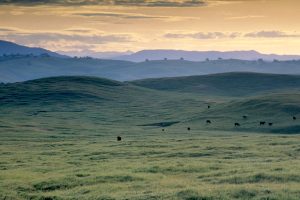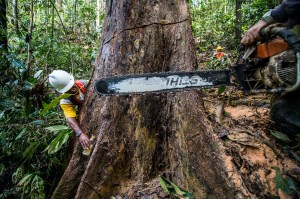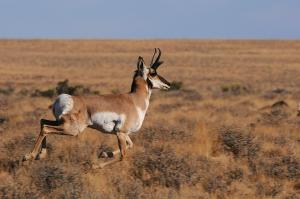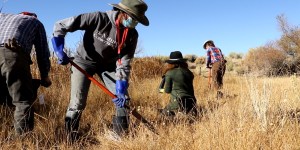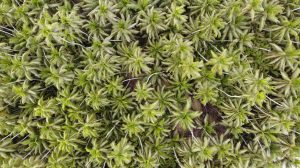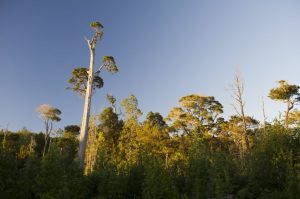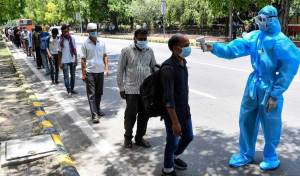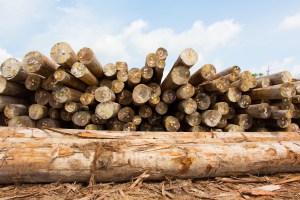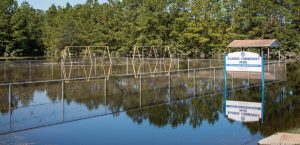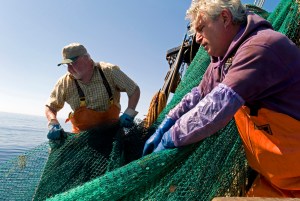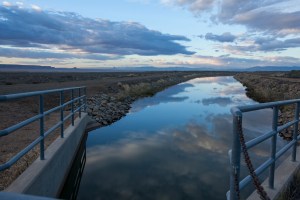Discover stories in Climate Change
Table Corals Could Be the Key to a Resilient Great Barrier Reef
Scientists discover that table corals regenerate Great Barrier Reef habitats 14 times faster than other coral species.
Rebalancing Water and Land Use for Nature and People in California
Examining how ecological restoration efforts – rewilding – could recover the San Joaquin’s natural diversity and ensure the long-term health and productivity of farms and the local communities they support.
Deforestation Reduces Worker Productivity in the Tropics
Research from Indonesia finds that rural workers in deforested landscapes were less productive than those working in intact forest settings.
Giving Wildlife Room to Roam in the Face of Climate Change
Why Idaho’s Pioneer Mountains give wildlife room to roam in the face of climate change.
Helping Birds Adapt to Climate Change in the Nevada Desert
Planting trees to help birds adapt to climate change is the latest chapter in a history of Amargosa River conservation.
From Palmyra to the Pacific: Realigning a Rainforest
Getting rid of the rats on Palmyra was only the beginning.
Natural Forest Regrowth Works for Climate Change Mitigation
One of the most powerful ways trees can help mitigate global climate change may also be one of the most overlooked: letting nature takes its course.
Charting a Future for People and Nature in Post-COVID India
Can science and technology in post-COVID India chart a more sustainable future?
Tropical Deforestation Is Making the Worst Climate Predictions A Reality
Industrial-scale tropical deforestation is altering local climate as much as 100 years of global warming under a worst-case emissions scenario.
Science for Evaluating Flood Risk + Improving Community Resilience
A new study examines flooding from Hurricanes Matthew and Florence and finds current hazard maps are inadequate for accurately assessing flood risks and protecting communities in North Carolina.
Putting Evidence into Action: Solutions for Climate-Ready Fisheries
As climate change upends ecosystems, including fisheries, scientists are moving beyond documenting the impacts to recommending actions to mitigate and adapt to those impacts.
The Main Cause of Global Water Scarcity? It’s Us.
New research shows that by 2050, more than 70 percent of watersheds around the world will experience water scarcity driven primarily by human activity, not climate change.
